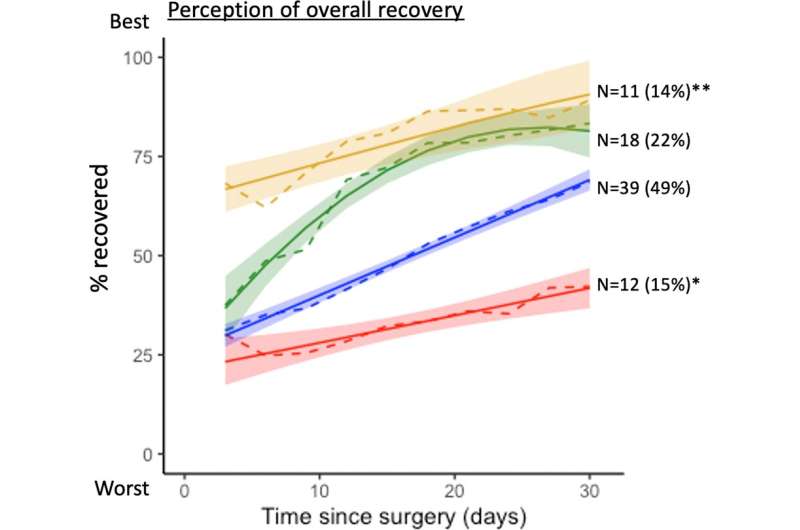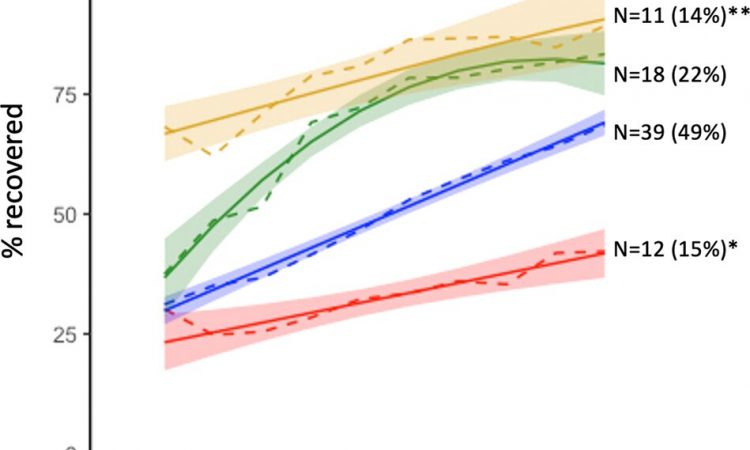
Measuring the patient’s perspective of recovery after cardiac surgery is challenging. During the initial recovery phase, clinicians struggle to collect information about sleep patterns, mental health, and other symptoms from their patients. However, patient-reported outcomes data could have wide implications for clinical practice and improve overall patient satisfaction, quality of life, and reduce the risk for hospital readmissions after surgery.
Between January 2019 and March 2020, Yale researchers enrolled 80 cardiac surgery patients in a prospective cohort study. Lead author Makoto Mori, MD, Ph.D., an integrated cardiothoracic surgery resident at the Center for Outcomes Research and Evaluation (CORE) and Department of Surgery and senior author Harlan Krumholz, MD, SM, Harold H. Hines, Jr. Professor of Medicine, professor of public health and CORE director, used a digital platform to collect patient-reported outcomes data after cardiac surgery.
The study was published Dec. 24 in the journal npj Digital Medicine.
“We conducted a prospective study to understand patients’ recovery after cardiac surgery at Yale, using a digital platform. From the data gathered, we identified dominant recovery patterns in multiple domains of recovery,” said Mori.
The researchers used a digital tool to send a patient-specific survey. Participants received automated notifications every three days for a total of 30 days. The patients spent 5–15 minutes on average tracking their pain, nausea, changes in their routines, and overall recovery. The trajectories of recovery in those domains varied widely, even among the studied group of patients with low complication rates.
Patients could access the survey a mobile device and share real-time data with their health care providers. The digital platform can predict whether a cardiac surgery patient has an increased risk for worse health outcomes and could benefit from a more thorough treatment plan. The results could help inform the management of patients after cardiac surgery, reduce the risk for surgical complications, and transform patient care.
“Our main findings were that frequent data collection in the immediate postoperative period is possible by leveraging a digital platform and the data showed important variation in recovery patterns even among the patients considered to have had a good recovery course by conventional metrics. The study highlighted the potential for postoperative recovery monitoring and intervention to improve patient recovery,” he said.
More information:
Makoto Mori et al, Characterization of multi-domain postoperative recovery trajectories after cardiac surgery using a digital platform, npj Digital Medicine (2022). DOI: 10.1038/s41746-022-00736-0
Journal information:
npj Digital Medicine
Source: Read Full Article
